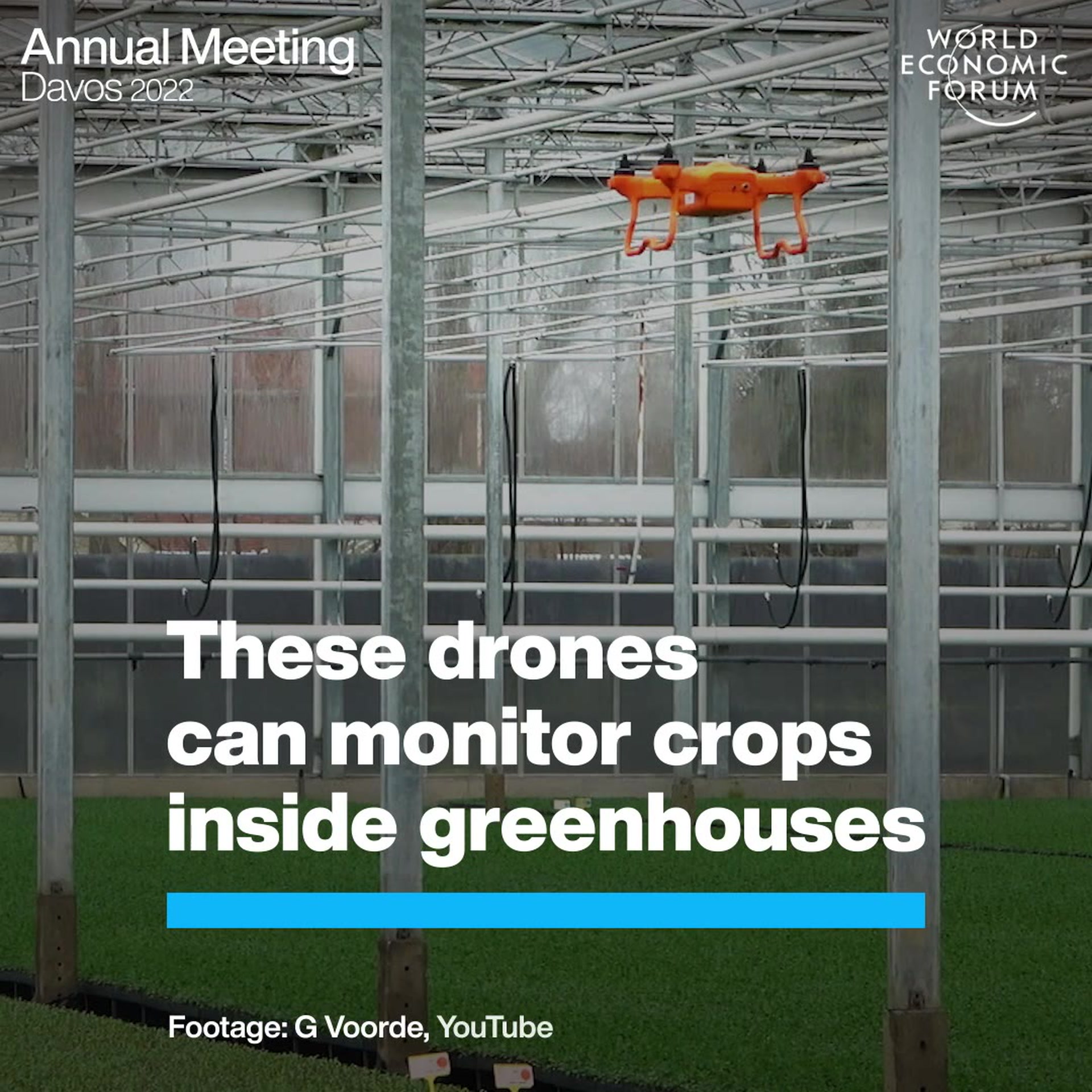
The Fourth Industrial Revolution represents a fundamental change in the way we live, work and relate to one another. It is a new chapter in human development, enabled by extraordinary technology advances commensurate with those of the first, second and third industrial revolutions. These advances are merging the physical, digital and biological worlds in ways that create both huge promise and potential peril. The speed, breadth and depth of this revolution is forcing us to rethink how countries develop, how organisations create value and even what it means to be human. The Fourth Industrial Revolution is about more than just technology-driven change; it is an opportunity to help everyone, including leaders, policy-makers and people from all income groups and nations, to harness converging technologies in order to create an inclusive, human-centred future. The real opportunity is to look beyond technology, and find ways to give the greatest number of people the ability to positively impact their families, organisations and communities.

Every country has its own digital laws. How can we get data flowing freely between them?
The Data Free Flow with Trust concept for harmonizing data regulation across borders is grappling with complex disparities between countries as it enters its implementation phase.

Digital resilience: Building the economies of tomorrow on a foundation of cybersecurity
With incentives to tackle cyber threats and digital resilience concerns, G7 nations agreed to share their expertise to prevent and mitigate cyber risks.

The space renaissance is here. How can we ensure it gives lift-off to all?
With space technology accelerating beyond governance of the sector, the international community needs to act fast to ensure space remains an arena for collaboration.

Here's how to boost digital safety now and in the future
Digital platforms have been changing policies and practices to boost online safety during the Ukraine invasion, but we need to future-proof digital safety.

How AI can help the world fight wildfires
AI algorithms and end-to-end fire management systems are powerful tools for fighting wildfires. Global collaboration on such solutions could cut wildfire risk.

Why are millennials better at saving than their parents?
Millennials started saving for retirement 10 years before their baby-boomer parents, a new report finds. Experts say they face more risk as pensioners.

Greenhouse Drones Track Crop Growth Using Space Tech

Investing in education could add $2.54 trillion to the global economy: 'Playful learning' is key
Taking a playful approach to education would help teach children vital skills for the future and could add $2.54 trillion to the global economy.

This groundbreaking tattoo can indicate your blood oxygen levels
Researchers have created an implantable sensor that monitors blood oxygen levels by glowing in the light. It could help patients track chronic conditions.

Jet-Pack Paramedics Take Flight In UK's Lake District

Magnet Technology Used To Clean Up Space Junk
